Uncomplicated MXF to Apple ProRes Conversion: A Step-by-Step Guide
If you’ve ever worked with professional video editing, you’ve likely crossed paths with MXF files. These are the offspring of Canon, Sony, and Panasonic cameras, frequently used in broadcast and studio productions. MXF is perfectly suited for recording but proves troublesome when editing on a Mac. In contrast, Apple ProRes ensures smooth editing, working harmoniously with Apple software.
To ease your editing woes, we suggest transcoding MXF files to Apple ProRes beforehand. You don’t need to be a video engineer to do this, just equipped with the right tools. In this article, we’ve compiled a list of top converters to simplify this process for you.
Top 10 Converters for MXF to Apple ProRes
1. Shutter Encoder
Shutter Encoder is a complimentary tool designed for filmmakers and editors. It supports various ProRes formats such as 422, 422 HQ, and 4444. The interface is simple, facilitating batch conversions. Drag your MXF files in, select the output format, and you’re good to go. It also provides basic trimming, cropping, and encoding tweaks if required.
2. Adobe Media Encoder

If you’re an Adobe Premiere or After Effects user, you already have this tool. Adobe Media Encoder can manage MXF and output ProRes without any additional plugins. However, it requires a Creative Cloud subscription.
3. Wondershare UniConverter
Wondershare UniConverter is ideal for users who prefer a straightforward interface. It enables you to convert MXF to Apple ProRes in a few clicks. It also supports trimming, cropping, compressing, and adding subtitles.
4. FFmpeg
FFmpeg is a free, open-source tool that supports almost any video format, including ProRes and MXF. However, it doesn’t have a user interface, requiring command line usage via Terminal or Command Prompt.
5. Compressor (by Apple)
Compressor is Apple’s native encoding tool, designed to work seamlessly with Final Cut Pro. It supports all ProRes formats and offers customizable presets.
6. EditReady
EditReady is specifically built for converting camera footage. It supports MXF, swiftly outputs to ProRes, and retains metadata.
7. Avid Media Composer
Avid Media Composer natively supports MXF. You can import your MXF footage into Avid, place it on a timeline, and export it to Apple ProRes directly from the export settings.
8. iFFmpeg
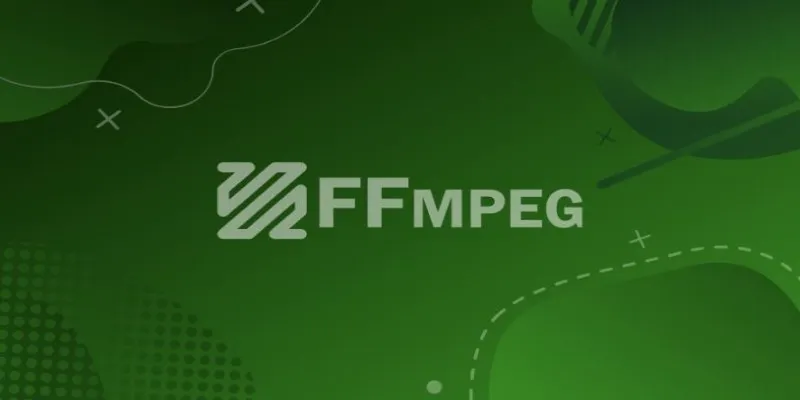
Previously, iFFmpeg was a Mac GUI built on top of FFmpeg, designed to simplify file conversion. Although it’s no longer supported officially, it functions well if you can find an older version.
9. DaVinci Resolve
Known primarily for color grading, DaVinci Resolve is also efficient for conversions. The free version supports ProRes export on macOS.
10. VLC Media Player (with limitations)
VLC can convert basic video, including MXF, to ProRes. However, it isn’t built for precise video work and might not preserve quality or metadata accurately.
How to Use Shutter Encoder for MXF to ProRes Conversion?
- Download Shutter Encoder suited for your system and install it.
- Open the app and drag your MXF files directly into the window.
- Select Apple ProRes from the dropdown labeled “Choose function”.
- Click the “Start Function” button. Your files will be saved in the same folder as the originals unless you change the destination.
Wrapping Up
MXF files don’t have to be a stumbling block in your workflow. Whether you’re editing in Final Cut Pro, DaVinci Resolve, or just cleaning up footage for archiving, converting MXF to Apple ProRes ensures a smooth workflow. Shutter Encoder, Adobe Media Encoder, DaVinci Resolve, and Compressor are just some of the tools available for this purpose. For command-line enthusiasts, FFmpeg offers complete control.
Related Articles
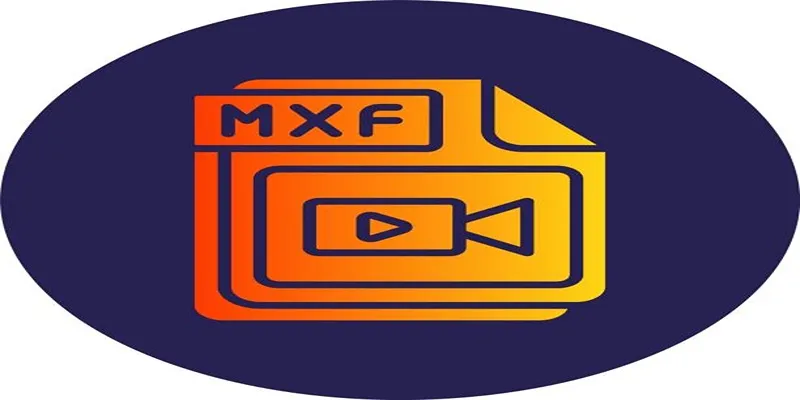
Top Tools to Convert MXF Files for Seamless Sony Vegas Compatibility
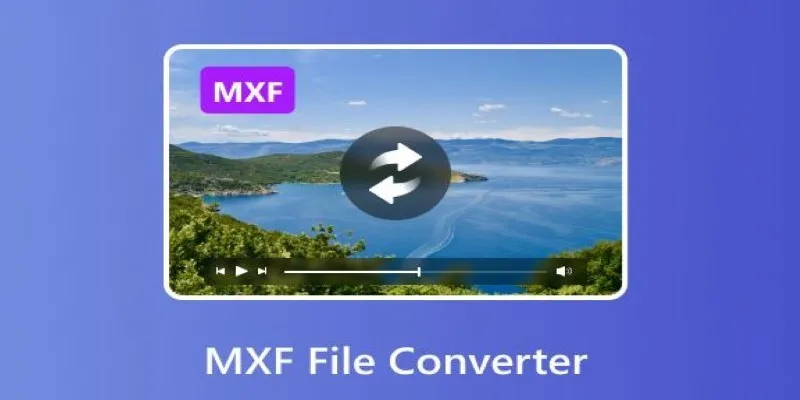
Convert MXF Files Without Quality Loss: 5 Tools for Mac

The 8 Best To-Do List Apps for Android in 2025

8 Best To-Do List Apps for Mac in 2025

How to Easily Convert AVI to MOV Using 4 Reliable Tools

MPEG to MP3 Conversion Made Easy: A Complete Guide
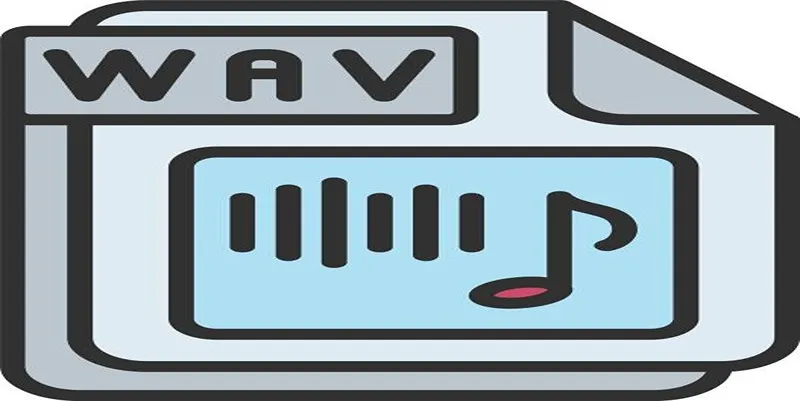
How to Convert MPEG to WAV: A Step-By-Step Guide

How to Easily Convert AVI to MOV Using 4 Reliable Tools

Seamlessly Convert Panasonic P2 MXF Files to MP4 or MOV Format
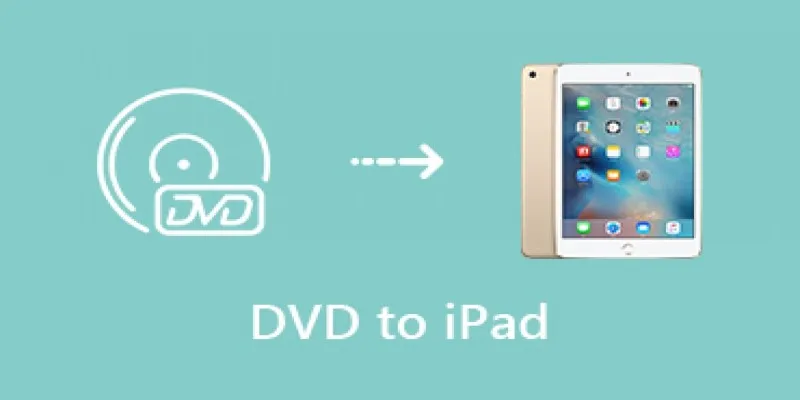
Transfer Your Homemade DVDs to Apple Devices
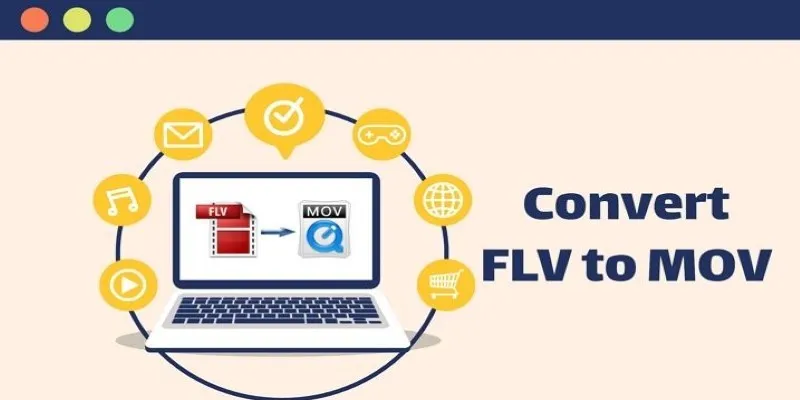
5 Simple Ways to Convert FLV Files to MOV Format on Windows
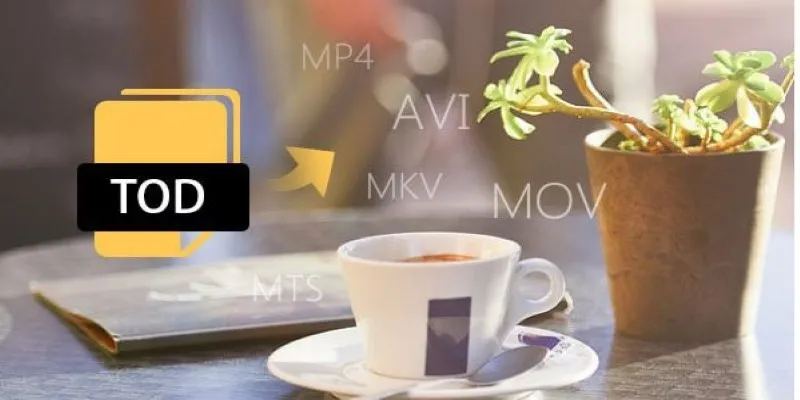
How to Easily Convert JVC TOD to MP4, MOV, or AVI: A Step-by-Step Guide
Popular Articles

The 8 Best AI Meeting Assistants in 2025 to Save Time and Stay Organized

Simple Steps to Show Estimated Reading Time in WordPress Posts

Mastering Green Screen Effects with Windows Movie Maker

Rustup 1.28.0 Launches With Visual Changes and Installer Fixes

Calendly vs. Google Calendar Appointment Schedule: Which One Is Right for You

Fathom vs. Fireflies: A Comprehensive Comparison of the Best AI Note Takers

Best macOS Language Translation Tools Available in 2025
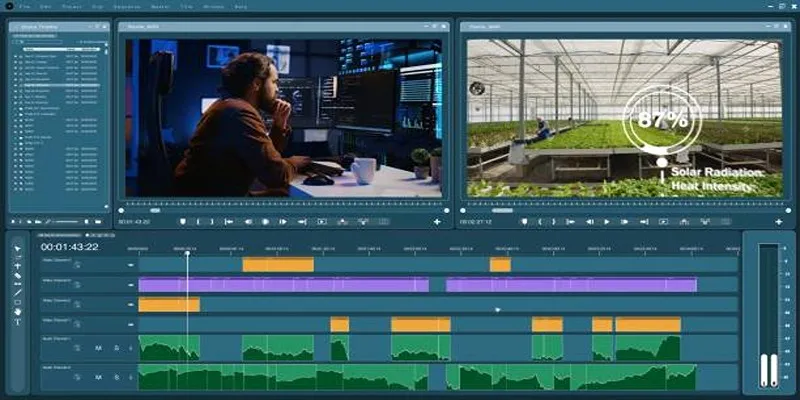
Top 3 Easy Methods to Join AVCHD Video Clips Together

5 Highly-Rated Transactional Email Platforms for Seamless Messaging

How to Convert 3GP to AVI for Free Without Losing Speed or Quality
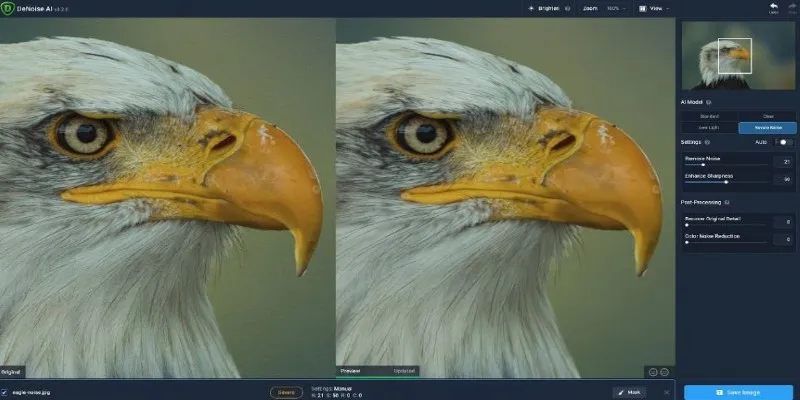
Topaz DeNoise AI: A Photographer’s Comprehensive Review

 mww2
mww2